5 Major Causes Of Hormonal Imbalances
1. GUT PROBLEMS
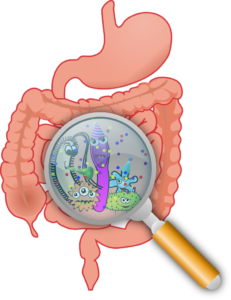
The gastrointestinal tract is home to 95% of your microbial community, consisting of bacteria, viruses, archaea, eukaryotes and fungi. This population of friendly microbes (or “gut flora”) makes up your microbiome.
The microbiome work the boundaries of your external world and your human genes. They power and instruct the machinery of your body, process food, educate and fire the immune system, battle malicious invaders, build tissue, and communicate with the brain and lymphatic systems.
Your microbiome is main player in regulating your hormones, especially your oestrogen levels. There is a special team called estrobolome, which refers to the complete set of bacterial genes that code for enzymes that metabolize oestrogen within the gut. So your gut can either predispose you to having excess oestrogen or oestrogen deficiency, based on how certain species of bacteria in the gut metabolize oestrogen.
Your gut therefore is part of the elimination system that is vital in ushering hormones out of the body.
Oestrogen-dominance, as a result of a poorly functioning microbiome (“dysbiosis”), leads to every hormonal imbalance symptom or sickness you can think of – infertility, PMS, low libido, cramps and heavy bleeding, and PCOS.
Dysbiosis increases levels of certain oestrogen metabolites that are inflammatory and proliferative. This can make you far more susceptible to oestrogen-led cancers like breast cancer.
Dysbiosis can also promote intestinal permeability (“leaky gut”), which also lead to inflammation, further disrupting hormone balance in several different ways.

Hence, your gut, when working efficiently, plays an essential role in perfect hormonal balance. And of course, you’ve got to feed the internal ecosystem in the way that promotes the growth of these good microbes that are there to help take care of you.
Read my “Gut & Disease” article for more information on leaky gut.
2. CORTISOL DYSREGULATION
The hypothalamus and the pituitary are glands that regulate all hormone production in the body, including adrenal hormones and sex hormones.
Any problems with the hypothalamic-pituitary-adrenal axis (HPA-axis), will also lead to problems with adrenal, sex, or thyroid hormone production.
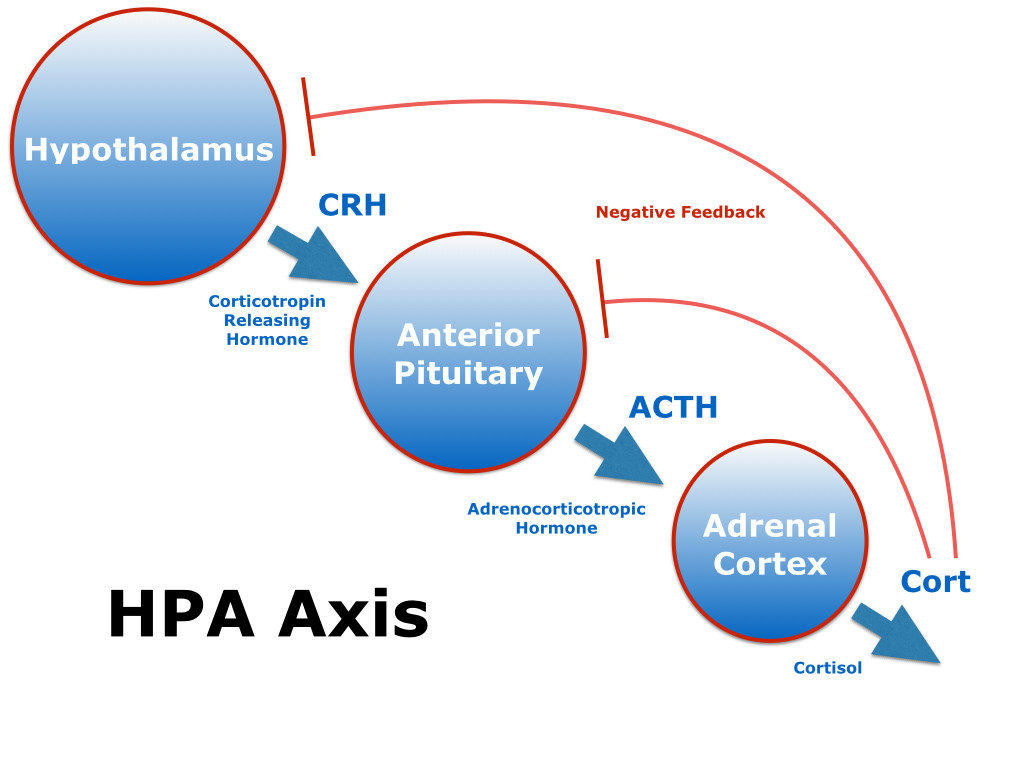
Continual stress can lead to high cortisol levels (our stress hormone). When the stress response is active, pregnenolone, which is the precursor to all hormones in the body, gets channelled into the cortisol pathway and away from the production of sex hormones, like oestrogen.
This is often referred to as the “pregnenolone steal” and can lead to low oestrogen levels over time.
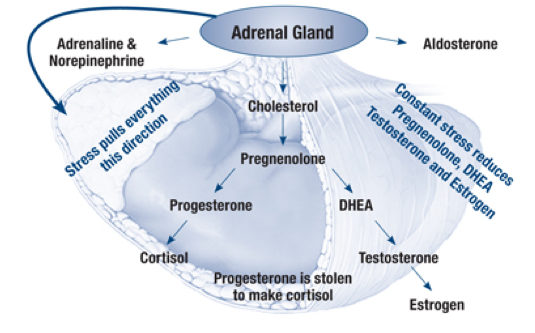
Read my “Stress & Fatigue” article for more information on adrenal fatigue.
3. INSULIN AND LEPTIN RESISTANCE
Insulin resistance is a state of high insulin levels with cells not sensitive to it, leading to high glucose levels. In addition, insulin resistance can also lead to high cortisol levels, as just mentioned above.
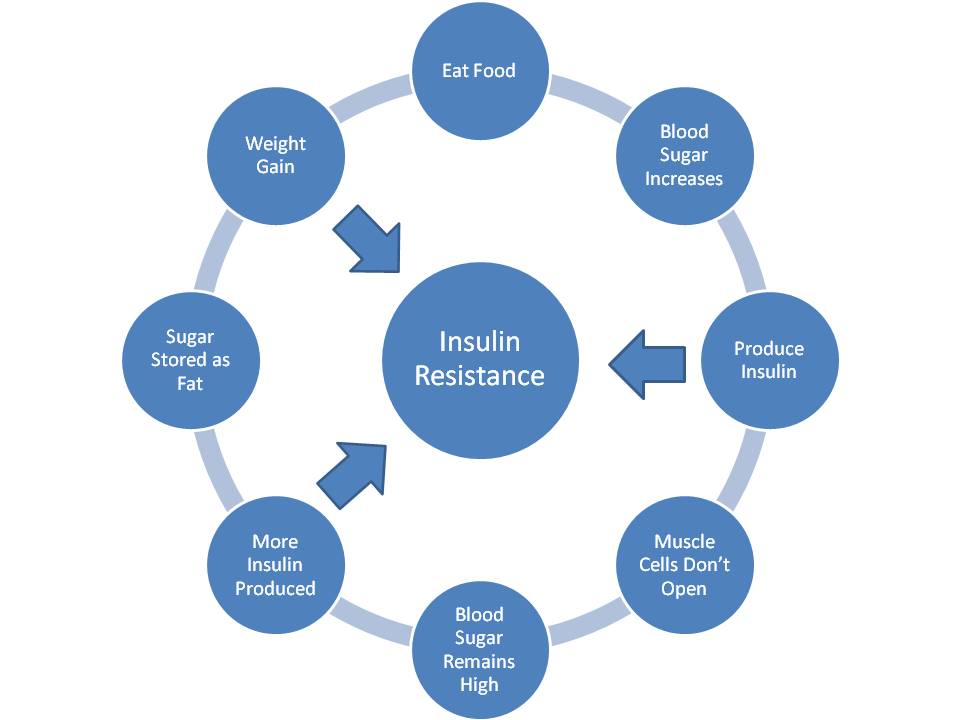
Insulin surges can up-regulate the production of an enzyme called 1720-lyase, which in turn leads to higher testosterone levels. It’s one of the common causes of PCOS in women, a common cause of infertility, a variety of hormone imbalance issues along with dysmenorrhoea (painful period).
In leptin resistance, your leptin (fat hormone) is high, which means you’re fat, but your brain can’t see it due to a malfunction in feedback. In other words, your brain is starved, while your body is obese. And that’s what obesity is: it’s brain starvation.
LEPTIN RESISTANCE
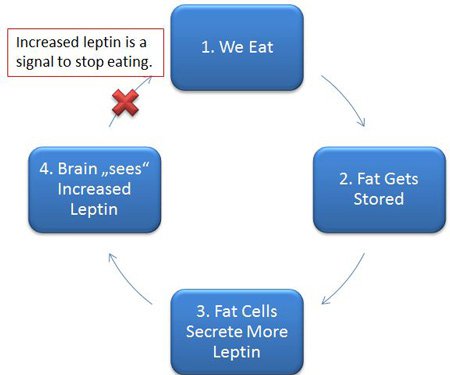
Although the causes of obesity are complicated and diverse, leptin resistance is the main reason people gain weight and have such a hard time losing it.
Read my “Weight Issues” article for more information on weight gain.
4. IMPAIRED LIVER DETOXIFICATION

The liver plays an important role in detoxification of hormones. Nutrient deficiencies, impaired methylation, and environmental toxins (e.g. heavy metals, moulds, volatile organic compounds, pesticides, BPAs, etc) can certainly impair detox capacity.
If any phase of the liver detox process is compromised, then hormones will be only partially metabolized or broken down.
The partially metabolized hormones don’t activate the receptor sites or initiate the cellular response like the fully active hormones do, but they actually compete with those active hormones for receptor binding sites and throw off the normal regulatory feedback pathways.
So the end result is a patient that has hormone imbalance symptoms, with a laboratory result appearing somewhat normal.
5. IMPAIRED ESSENTIAL FATTY ACID METABOLISM
Essential fatty acids are the polyunsaturated fats; omega-3 and omega-6 fats.
The essential omega-3 fats include alpha-linolenic acid, EPA, DHA, and the essential omega-6 fats include linoleic acid and arachidonic acid.
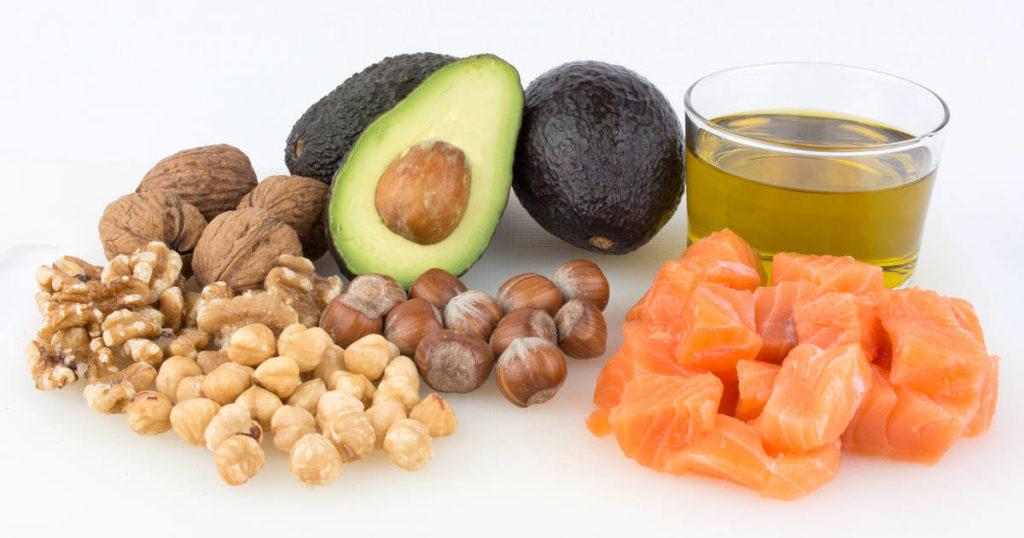
Essential fatty acids influence prostaglandin production, which in turn modulate the hormone receptor site sensitivity and the response that happens when a hormone binds to the receptor.
Ideally, we should aim for a 1:1 ratio omega-3:omega-6 for good health. Sadly, our modern way of eating is seeing this ratio as high as 1:20.
Too much omega-6 can lead to altered hormone receptor function. Linoleic acid is found in industrially processed plant oils, like soybean and corn oil, canola, safflower, and sunflower. These are the oils typically found in processed and packaged foods, chips, anything fried, and many restaurant foods.
With surplus omega-6 present, a diminished or exaggerated response occurs when the hormone binds to the receptor site, causing problems related to hormone excess or hormone deficiency.
How Does This Information All Tie Together?
All of the five mentioned major causes to hormonal imbalance contribute to one another.
If you have cortisol and HPA-axis issues, that’s going to interfere with insulin and leptin signalling, which in turn will make your gut lining more permeable and lead to inflammation in the gut, which in turn leads to higher cortisol production, which leads to more insulin and leptin resistance which interferes with liver detoxification, which can lead to a build-up of excess hormones, which … you get the picture.
It just goes on and on.
This is why it’s crucial to address all of these underlying problems since just taking hormones alone will not work.
